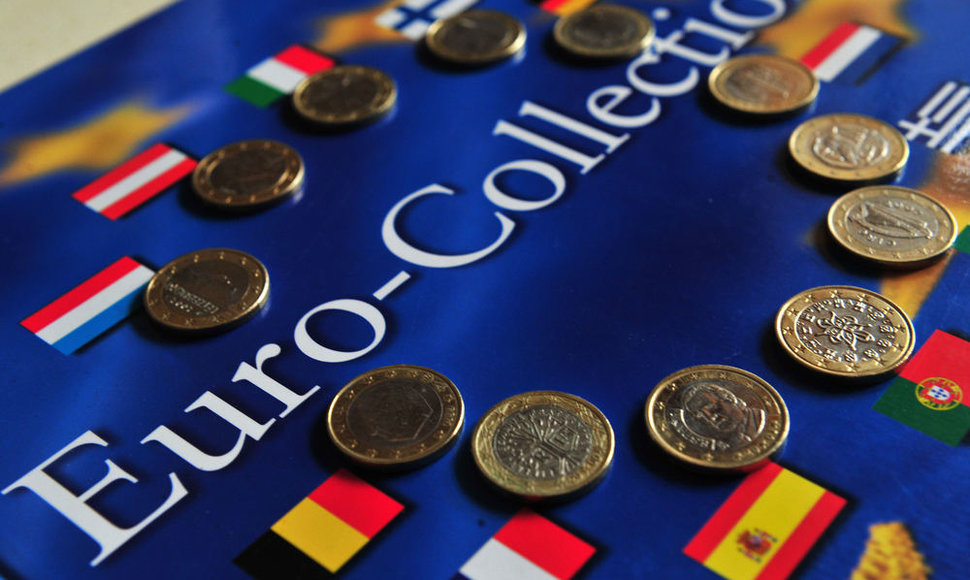The law on ratification of the budget discipline treaty signed in March was supported by 80 of Lithuania's 141 lawmakers, while 11 were against and 21 abstained.
Parliamentary groups of the ruling Homeland Union – Lithuanian Christian Democrats (conservatives) and Liberal Movement, as well as opposition Social Democrats voted unanimously, while members of the Christian Party group were against or abstained.
The parliament also adopted a protocol resolution, stating that the treaty would be implemented if Lithuanian farmers receive the same payments as farmers in the organization's old members do, the level of financing from Cohesion Funds remains unchanged and the necessary funding is guaranteed for the decommissioning of Ignalina Nuclear Power Plant (INPP).
The resolution also asks the government to submit draft laws for harmonization of the law with the Constitution.
MPs who called for ratification of the document said it would strengthen Europe, while critics said it would take away Lithuania's sovereignty.
"We can indeed save, we have demonstrated this over the past years, yet it is absolutely clear that the treaty is needed by the whole EU, not just us. The EU is on the right path of consolidation of the financial policies, my proposal is that we ratify the document as a very serious document in a serious manner rather than yield to the syndrome of the last days of the session," Prime Minister Andrius Kubilius, leader of the conservatives, said. He has listed ratification of the document among key tasks of the current parliamentary session.
"There are many reasons why it would be strange to object the ratification – first of all, the law does not apply to Lithuania until it joins the euro zone but, most importantly, we support the idea that Germany backed by Mr. Julius Veselka could discipline members of the euro zone, primarily in the Southern flank, where they now have to be endowed with billions after years of over-spending. Don't we want more European money left for farmers, the Cohesion Fund and other needs? We want this today, so why shouldn't we support the instrument that will allow disciplining others and, at their expense, save money for our needs," Vilija Aleknaitė-Abramikienė of the conservatives said.
MP Julius Veselka of Order and Justice Party said he was unwillingly backing the treaty, as "the chaos in the European Union will remain until Germany takes over control of the EU."
Meanwhile, Kazimieras Uoka of the conservatives said ratification of the document would cause Lithuania to lose its sovereignty.
"When we received the mandate in 2008 and took the oath to do everything in our power to enhance Lithuania's independence, we have no mandate to undermine Lithuania's sovereignty, and those who vote – I am quoting the Constitution – every citizen of Lithuania can personally oppose diminishing of Lithuania's independence," Uoka said.
"We're losing our sovereignty; by signing such treaty we are again getting accustomed to a new union," Kęstutis Daukšys of the Labor Party said.
The European Treaty on Stability, Coordination and Governance in the Economic and Monetary Union (TSCG) was signed by leaders of 25 EU nations in March. It has already been ratified in Greece, Portugal, Slovenia, Romania, Latvia, and Denmark. Ireland backed the document in a referendum. The Czech Republic and Great Britain did not join the agreement.
Drafted in response to the debt crisis in the euro zone, the agreement stipulates a requirement to envisage provisions on budget discipline in national legislation, preferably in the Constitution.
President Dalia Grybauskaitė proposed the EU treaty on fiscal discipline for parliamentary ratification in early June. Prime Minister Andrius Kubilius has listed ratification of the document among the key tasks of this parliamentary session.












